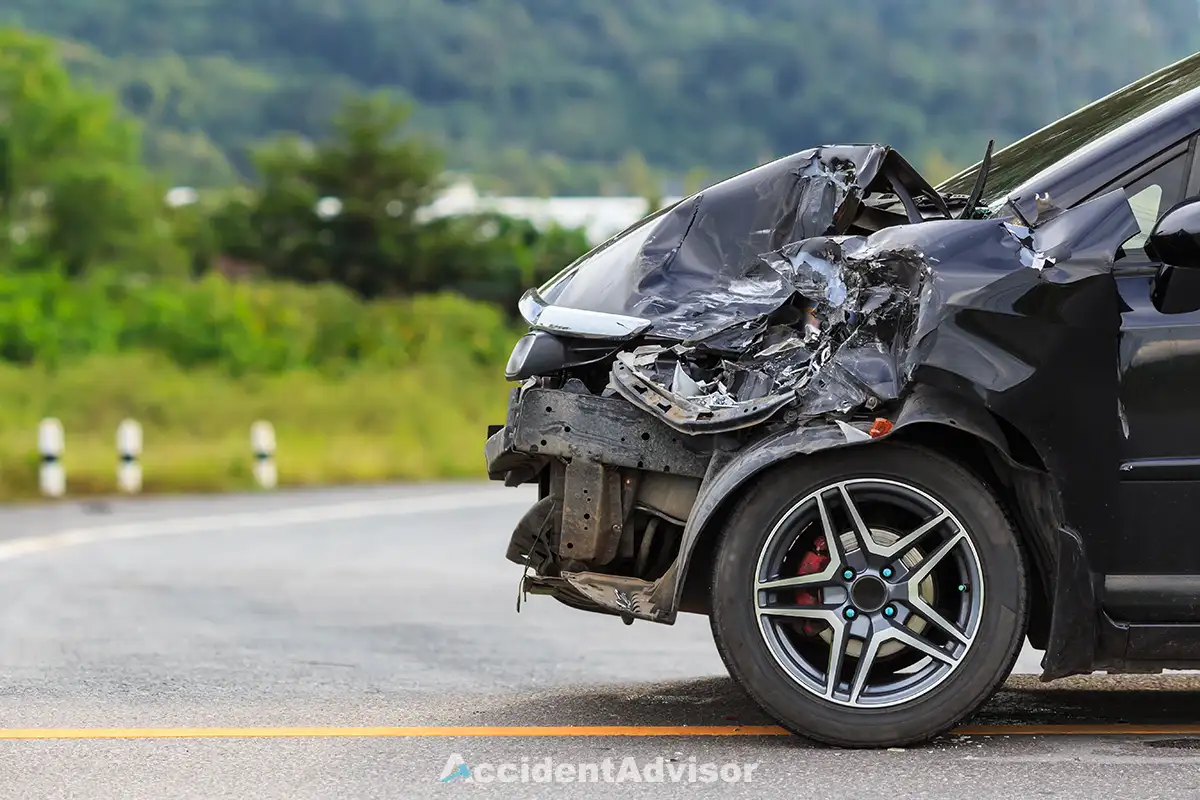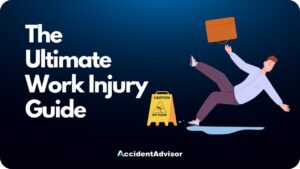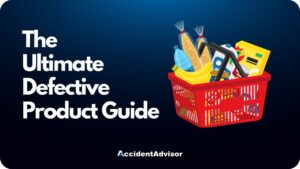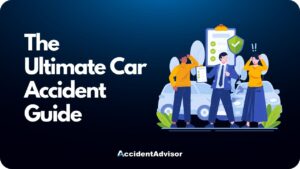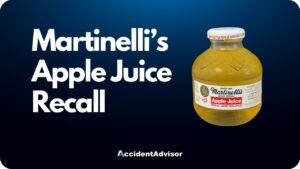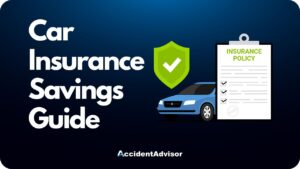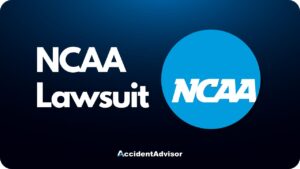If you or a loved one were involved in a car accident, you may be looking for an automobile property damage lawyer nearby. While you may have also sustained physical injuries, this article is focused on property damage, including what to do after the accident, how to file a property damage claim, how to calculate the damages, and how to file a lawsuit if it comes to that.
Speak with an automobile property damage lawyer to learn more about your eligibility for compensation, how to file your claim, the statute of limitations in your state, and whether you should be looking into more aggressive legal measures to receive the settlement you deserve.
Table of Contents
- What is an Automobile Property Damage Lawyer?
- What Qualifies as Automobile Property Damage?
- What to Do after Automobile Property Damage?
- Filing an Insurance Claim for Automobile Property Damage
- How Long Do You Have to File an Automobile Property Damage Claim?
- Automobile Property Damage Claims in Fault vs No-Fault States
- When to File an Automobile Property Damage Lawsuit?
- Where to Find a Good Automobile Property Damage Lawyer?
- What Questions to Ask When Contacting an Automobile Property Damage Lawyer?
- Conclusion
What is an Automobile Property Damage Lawyer?
An automobile property damage lawyer deals with a client’s eligibility for monetary compensation for their damaged car and other personal property. They help you decide who should pay your compensation as well as how much it should be.
For instance, you may file for compensation with the other driver’s insurer if your policy’s deductible is high. However, if their insurance is not sufficient to pay for the damage, you may opt to file with your own insurance company instead.
Regardless of where you file your claim, disputes over property damage tend to require arbitration to resolve. This process involves a debate between the insurer and either yourself or your legal representation to reach an agreement. If the parties can’t agree, a lawsuit may be your only option.
No matter how the arbitration goes, contacting an automobile property damage lawyer nearby is the best way to get someone in your corner who will argue for your interests against the demands of whichever insurance carrier you choose to file with.
What Qualifies as Automobile Property Damage?
Automobile property damage consists of anything that must be repaired or replaced in a car accident other than the people. Obvious candidates for property damage include the cars and anything they hit, including structures, trees, fences, and more.
However, less obvious types of property damage include the costs of replacing damaged items that were in the car, such as laptops, phones, gaming devices, cameras, books, and so on.
Reimbursable property damage includes the cost of anything that must be fixed or replaced, as well as loss of use or loss of sentimental value for damaged but irreplaceable items.
What to Do after Automobile Property Damage?
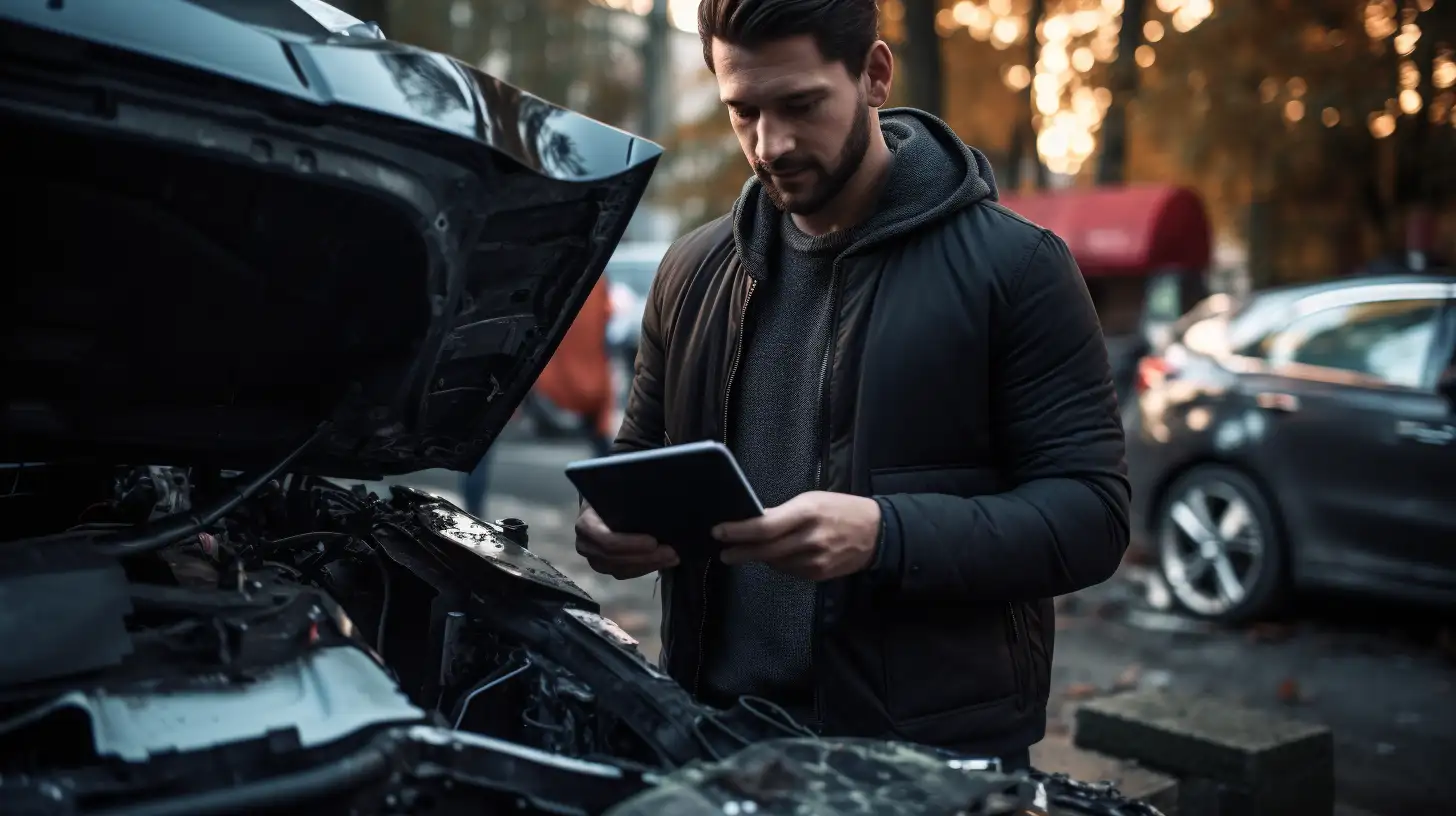
Your first step after sustaining automobile property damage should be to ensure the safety of yourself and your passengers so that the only thing you have to worry about is the damage. If the damage results from an accident, first move to a safe location, if possible, check for injuries, and call the police.
Once the police arrive, they will begin assembling their accident report. For your property damage claim later, you should get the number of that report so you can retrieve a copy later. In the meantime, you need to gather your own evidence, including:
- Photos or video of the scene, including any property damage
- Photos or copies of the other driver’s license plates
- The other driver’s address, phone number, insurance policy number, and the car model
- Statements or contact information from any relevant witnesses
If the property damage resulted from a crash that was not a collision, such as a case where you drove off a wet road, you should assess the damage, collect any relevant evidence, contact the police so they can file a report, and contact your insurance carrier to report the crash so they can start your claim.
Filing an Insurance Claim for Automobile Property Damage
Regardless of whether other drivers were involved in the crash, filing an insurance claim for the automobile property damage is the best way to recover the costs of the accident. Remember that your insurer is not your ally here, and you should refrain from making any claims or including non-factual details. However, failing to report the accident could result in your claim being denied later, so it’s important to notify them promptly.
After you alert them about the situation, you should contact the at-fault driver’s insurance company as well, if applicable. Depending on your insurance coverage, you may have the option to have your deductible reimbursed later through a process called subrogation, which means that your insurer will pay certain costs and then try to recoup them from the at-fault driver’s policy.
Your eligibility for compensation after sustaining property damage depends on your coverage type. We reviewed the three basic types of coverage below.
Liability Coverage
As the name suggests, liability coverage pays the other driver when you are deemed responsible for the accident. This type of accident coverage is usually required by law, doesn’t require a deductible, and can often be purchased by itself.
Not all states take fault into account when calculating insurance compensation, so check your state’s accident insurance laws to learn how they apply to your situation.
Collision Coverage
Collision coverage pays for property damages no matter who is at fault for the accident and is usually only required if you are financing or leasing a car. Unlike liability coverage, collision coverage has a deductible, usually less than $1,000. Additionally, collision coverage usually cannot be purchased alone and comes bundled with comprehensive coverage.
Comprehensive Coverage
Comprehensive coverage pays for damages unrelated to the collision itself. This could include damage from fallen tree limbs, weather damage, fire, vandalism, hail, and more. While not often required, comprehensive coverage plans are the usual way to bundle collision coverage in case of an accident.
How Long Do You Have to File an Automobile Property Damage Claim?
The statute of limitations for filing a property damage claim varies by state, so it’s important to understand how this deadline could affect your claim. If you fail to report the accident or miss the filing deadline for your state, your insurer will likely consider the automobile property damage to be your sole financial responsibility.
The time in which you can file a property damage claim can be as low as 1 year (Nevada) or as high as 10 years (Rhode Island). However, most states are around 2-4 years. Filing within this all-important deadline is one of the many advantages of hiring an accident lawyer since they will be familiar with the claims process in your state and won’t let your case be deemed ineligible due to a missed deadline.
Automobile Property Damage Claims in Fault vs No-Fault States
In no-fault states, property damage claims go through both insurance providers regardless of who caused the accident, with drivers compensated based on their coverage. There are only 12 no-fault states (Kentucky, Florida, Hawaii, North Dakota, New York, New Jersey, Minnesota, Pennsylvania, Massachusetts, Kansas, Utah, and Michigan). Though you can make an insurance claim in no-fault states, you cannot sue a driver for automobile property damage.
Fault states settle with drivers individually based on the state’s laws and the driver’s level of fault. The at-fault driver’s insurance policy will usually pay the cost of the automobile property damage. Note that this can differ if the accident also involved an injury. In at-fault states, you can sue the at-fault driver for the damage, though this is only advantageous in certain situations.
When to File an Automobile Property Damage Lawsuit?
As opposed to an insurance claim, you may want to file an automobile property damage lawsuit against the at-fault driver, usually to recover the insurance deductible you paid when claiming the damages. This is less common than an injury lawsuit since state laws are clearer on how insurers must reimburse property damage claims at a fair market value than they are on the value of personal injury claims.
If you opt for a property damage lawsuit, you will file a civil case in small claims court. If not to recover your deductible, you may take this route if your insurance company refuses to cover certain damages or inadequately compensates you for covered expenses.
Contact an automobile property damage lawyer nearby to learn whether a property damage lawsuit would be a viable option for you. If your deductible is low, there’s a good chance that the normal claims process will be more beneficial to you than a lawsuit.
Where to Find a Good Automobile Property Damage Lawyer?
You may be wondering where to find a good automobile property damage lawyer nearby, but thankfully, Google, your state’s Bar Association, and even your friends and family all provide options for you to consider.
Searching for a lawyer online can be a good place to start, paying close attention to your state’s Bar Association listings to find accredited lawyers near you. Check with the ABA to learn more about their resources.
In addition, many successful lawyers nearby have likely represented someone you know. Ask about their experiences to learn whether you should get a quote from that firm as well.
What Questions to Ask When Contacting an Automobile Property Damage Lawyer?
Once you have a shortlist of law firms to consider hiring to handle your automobile property damage case, you should make a list of questions to ask them, including how they work, similar cases they’ve handled in the past, and how they expect to be paid.
All law firms work a little differently, so it’s important to get a clear picture of how yours will handle your case before you sign with them. You should also ask about their case history, specifically whether they’ve successfully handled automobile property damage cases like yours.
Finally, you should always get a clear picture of how the firm expects to be paid before you give them your case. Many firms only take a check if they win your case since otherwise you could be stuck with legal fees in addition to the unsettled property damage.
Write down any additional questions you have about the statute of limitations or your state’s fault status before you get your quote. Choosing a good property damage lawyer could be the difference between winning and losing compensation, so you need to be thorough.
Conclusion
If you were in an accident and don’t need to file a personal injury claim, you can still file for property damage compensation with your or the at-fault driver’s insurer. However, the process to do so can be complicated, involving state-mandated deadlines, your state’s fault status, and arbitration with multiple insurance providers. Contact an experienced automobile property damage lawyer nearby to learn whether you’re eligible for compensation, how and when to file, and whether you should opt for a lawsuit instead to get the settlement you deserve.

Rocky Horton
Author
Rocky Horton is a health and safety expert from Chapel Hill, NC. He is the founder of AccidentAdvisor and has been featured in Forbes, Bloomberg, and other publications. Learn more.

